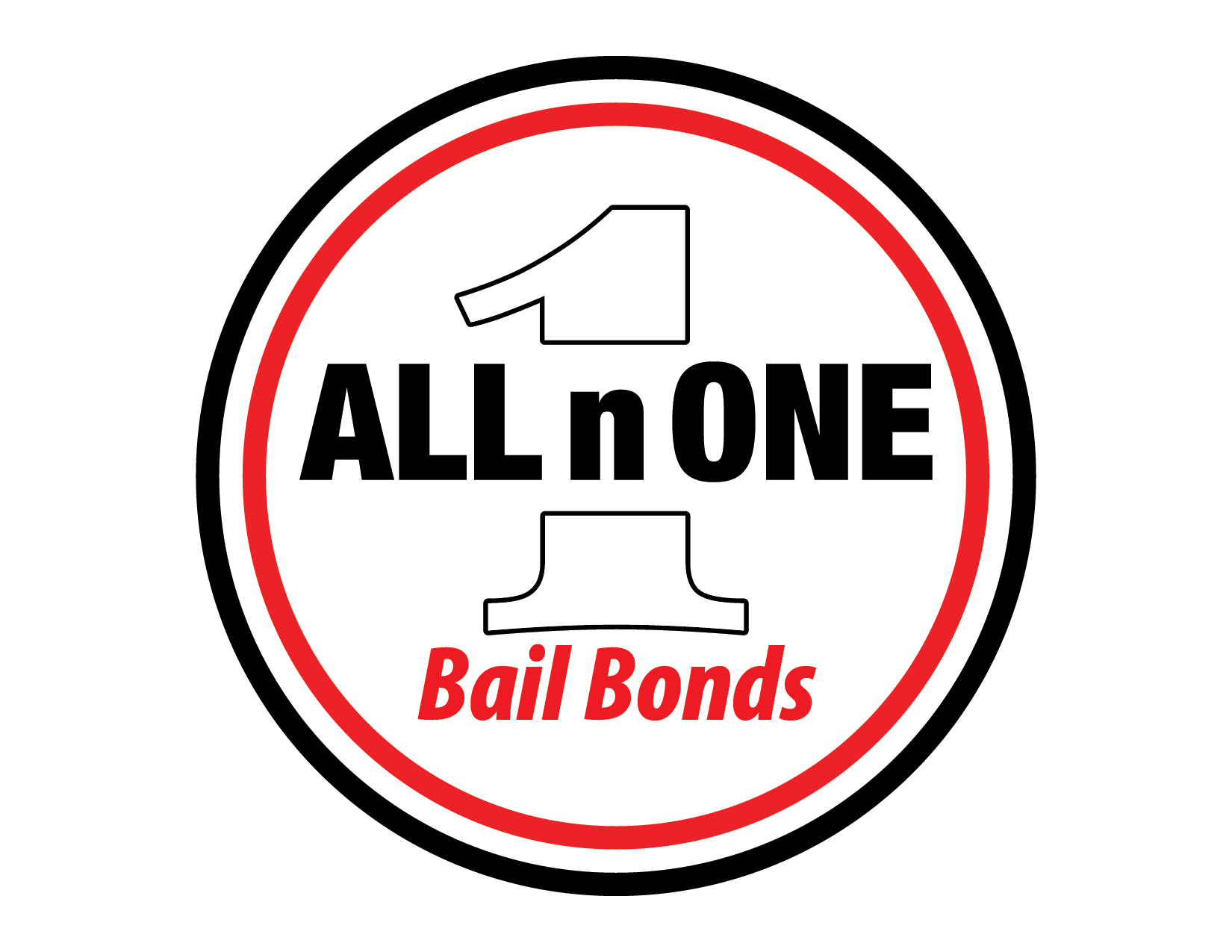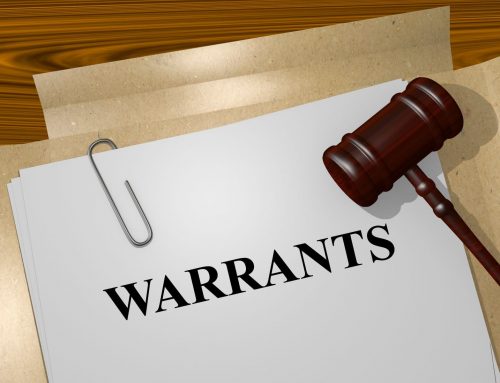When a loved one is arrested, it’s normal to feel afraid or overwhelmed. You may stress over how to get your loved one home again. If the accused can be released on bail, then you may be able to pay for his or her release.
To help the accused, you need to understand the booking process, bail hearings and the option of surety bail bonds.

Learning About Arrests and Booking
In the United States, there are approximately 465,000 people held in local jails every day. These people are not convicted and could be innocent. Our laws state all people are to be presumed innocent. In most cases, keeping a defendant locked up does more harm than good.
In Shelby County, there are about 104,000 arrests annually. This number does not include federal court. After an arrest, on average it takes 6 to 8 hours to fully process in and receive a bond or a Release on your own Recognizance in Memphis city jail. Once your bond is paid it takes on average another 6 to 8 hours to process out and be released from the Memphis city jail.
Once you find out a loved one is under arrest, you can always call All N One Bail at (901) 523-2245. Once you give us a call, we will be able to provide you with details of the arrest such as charges, bond information, court information, etc. Once you call us and make us aware that you are interested in making the bond, we will keep you updated on each stage of the process. Next, you can either pay the full bond with cash to the jail or satisfy the bond with the help of a bail bonding company. No matter what time of day or night it is, you can phone 24/7 a bail bonds company such as All N One Bail Bonds.
Navigating Bail Schedules and Hearings
About 700,000 people remain behind bars due to not having a bond, waiting for their bond to be made or their case to be disposed. The judge or judicial magistrate determines whether a person can be released on their own recognizance, released on bail, or held in custody. Many factors such as charges, criminal history, whether the person is a resident of the state, citizenship, etc. are used when determining which option, the court chooses. For example, most people with a clear record and/or a low-level crime such as a Misdemeanor will not be held in jail and will simply process in (6-8 hours) and process out (6-8 hours).
However, for defendants with more serious charges and other circumstances which do not allow for a Release on your own recognizance, they usually have a bond set which can be paid once it is set. Every jurisdiction has its own bail schedule, but it is not an exact math for any charge. Bail schedules are lists of bail amounts that can range from zero to several thousand and anywhere in between that are used to coincide with different charges. In Memphis, however, judges do not have to abide by the schedules and can lower or raise the bail amount at their discretion. Due to this fact we are not able to quote a price just based on the charges. However, we can give an average bond amount range based on the charges.
Understanding Common Bond Options
Once you know the amount of bond the judge or judicial magistrate set, you can begin to work towards paying the bail for your loved one’s release. If you are like most Americans, the idea of paying the full amount is likely daunting. It is a lot of money to lose when you have yourself and your family to provide for. Below are the three most common bail options.
Property Bond
A property bond is also known as a secured bond. This is when you or your loved one give up a security interest in property. The interest has to amount to the bail amount. When you give up security interest, the justice system can seize the property if conditions are not met.
You may be most familiar with property bonds when it comes to car loans. When you receive a car loan, your lender has security interest in the vehicle in exchange for the loan. If you do not pay the loan, you lose the car.
In the case of the court system, if the defendant does not appear in court, then the property can be seized. This type of bond is currently unavailable in Shelby County, Tennessee courts.
Cash Bond
If you decide to pay a cash bond, this means you have enough money to pay the bail in full, 100%. Meaning, if your loved one’s bail is set at $2000 you have $2000 cash to pay to the jail. Even if you have savings, keep in mind you may not see this money again for up to two years or longer. Also, the courts can also designate that court cost, jail fees or fines can be deducted from the bail money before any is returned so even if you get it back you do not know how much will be returned. If a person misses a court date and a warrant is issued for their arrest, if the warrant is not resolved within 30 days your cash bail is forfeited and you do not receive any of it back. Think ahead about your financial situation. If this money could help you in an emergency later, you may want to reconsider paying the bail in full.
If you decide to pay the bail amount in full to the jail, on average it takes 6-8 hours for your loved one to be released.
Surety Bond
If you do not have the resources to pay bail in full, then you can use a surety/bail bondsman. Consider the surety bond a contract between us, you and the court. As bail agents, we are the sureties or better known as the bail bondsman. We ensure the defendant honors the bail condition, attends court hearings, and are held financially liable for the full bond amount if the defendant misses a court date. When using a bail agent, you typically pay a fee of 10% in TN. However, in many instances when the bond is several thousand dollars, we at All N One Bail Bonds will accept a small down payment and set up payment arrangements for the balance. In some cases, such as high-risk bonds, an agent may ask for collateral. Collateral is usually fully refundable once the case is disposed as long as the person does not miss any court dates.
Returning Bail Money
Understand there is a difference between bail and bond. If you were to pay the bail in full, then you would receive the bail money after your loved one’s charges are dropped or he or she is sentenced. If you pay bail, keep in mind the bail money could be used to pay court fees and fines. At the end of the case, if the defendant did not forfeit the bail by missing court, all the bail money or what is left is returned to you.
If you pay for a bond, you will not have it returned to you. The bond agent becomes responsible for the defendant and is the one who puts down the sum of money for bail. The 10% you pay to bondsmen is their payment.
The 10% paid to the bonding company is not refundable once the case is disposed. If you paid bond company any collateral, as long as the defendant did not forfeit the bond or owe any money to the bonding company, all collateral will be returned to you and any liens will be removed.
Helping Your Loved One When He or She Needs It the Most
At All n One Bail Bonds, we are here for you 24/7. With over a decade of experience, our company works quickly within the justice system to help you and the person you wish to get released. You don’t have to let your loved one remain in jail longer than need be.






